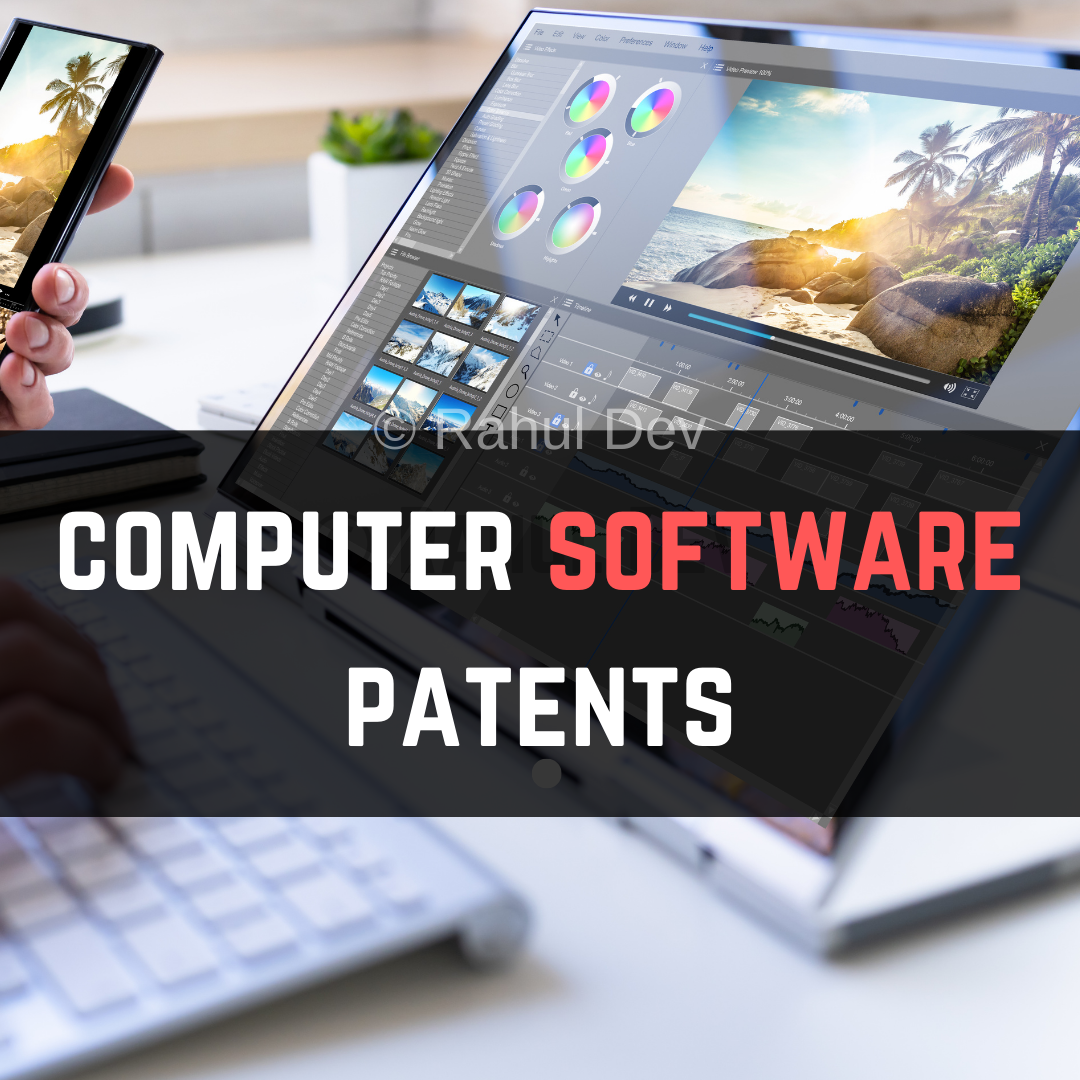

Music is powerful. It has the ability to bring people together, regardless of the cultural barriers they may have. Songs like Cheb Khalid’s Didi or Luis Fonsi and Daddy Yankee’s Despacito are incredibly popular all around the world and illustrate that language does not get in the way of appreciating music. Or consider the Korean boyband BTS, with its incredibly loyal fandom across the world, referred to as ARMY. It serves as another example of how love for music is universal, regardless of where in the world the tunes and lyrics originate from. Music transcends all barriers. That is what makes music so valuable. That is why it is important to ensure that we protect and conserve it. This is where intellectual property rights come in.
Even though intellectual property rights and protection are usually associated with corporate and business environments, it also has an important role to play for creatives in the entertainment industry.
Musicians, singers, and producers earn money through sales of the music or merchandise. Other than these, they can also make money through live performances and tours. The role of intellectual property rights comes in because it is easy to copy and sell music. It is not uncommon to find piracy in the entertainment industry, and even more so in the music industry.
In intellectual property rights, there are three things that are usually discussed the most: copyrights, trademarks, and patents. In the case of music, patents are not relevant. Copyrights and trademarks are of importance, especially copyrights, since they have a very major role to play for the artist’s earning.
Copyright protection is extremely important for any musician. Copyright protection protects the sound and the written work of the musician for the lifetime of the owner of the copyright and then an additional sixty years after the owner’s death. In the case of a group of owners, the sixty years are added after the passing of the last owner.
Copyright protection includes books, songs, poetry, sound and video recordings, and more. For a music creative, this is extremely important. It serves as a proof of ownership and prevents producers and musicians from being robbed of their own work. Intellectual property rights awards artists’ security against others copying their creation. The work cannot be copied unless the musician or the recording studio authorizes it. Distribution and broadcasting is also done with the permission of the composer and serves as a source of revenue. Authorization must be obtained to use the composition for works like movies.
Trademark protection is the protection of a design, a phrase, or even a word. Trademark protection can be very useful to protect logos and brand names. Musicians often use logos on their albums and their merchandise. This makes trademark protection necessary for them. In order to be able to use a logo or design as a trademark, it must be used enough times to be easily associated with the musician.
It is very important for musicians and producers to understand intellectual property in order to ensure that their work is protected. This is what enables musicians to earn money from their own works, either in the original form or in altered forms. Even though it may seem tedious to get into the legal aspects of the music industry, it is necessary for musicians to make informed decisions in order to ensure they are not taken advantage of.
Without doubt, one of the elements that contributes to any artist’s success is the team that supports them. It is necessary for an artist to ensure that a music attorney is a member of this team. An experienced lawyer, kept well-informed about all dealings at all times can be a huge asset to an artist. They can ensure that all contracts are negotiated effectively and help build a well-informed team.
Our lawyers understand the media and entertainment sector from a technological and commercial perspective. We offer vigorous and knowledgeable IP procurement, leadership and enforcement strategies in addition to straightforward, commercially focused advice that is suited for a highly dynamic environment.



